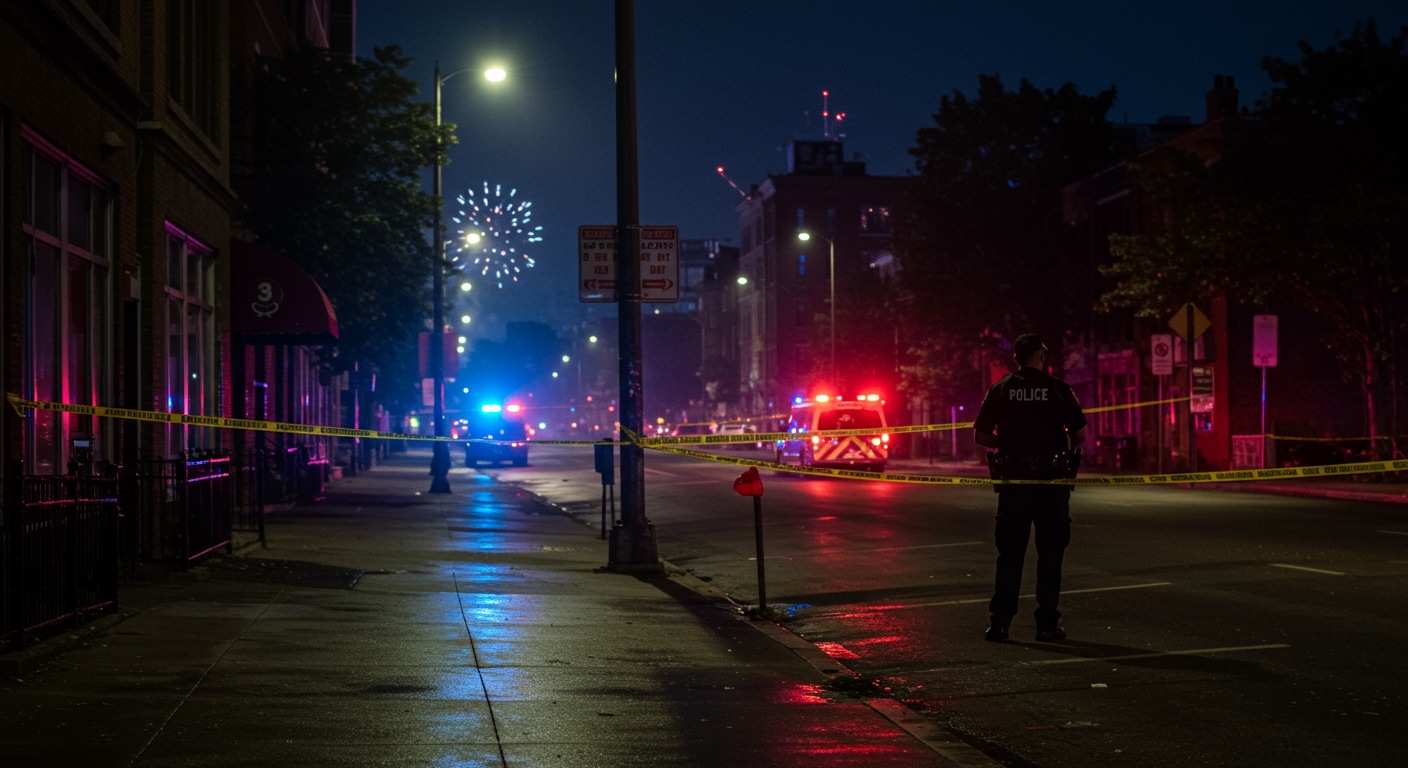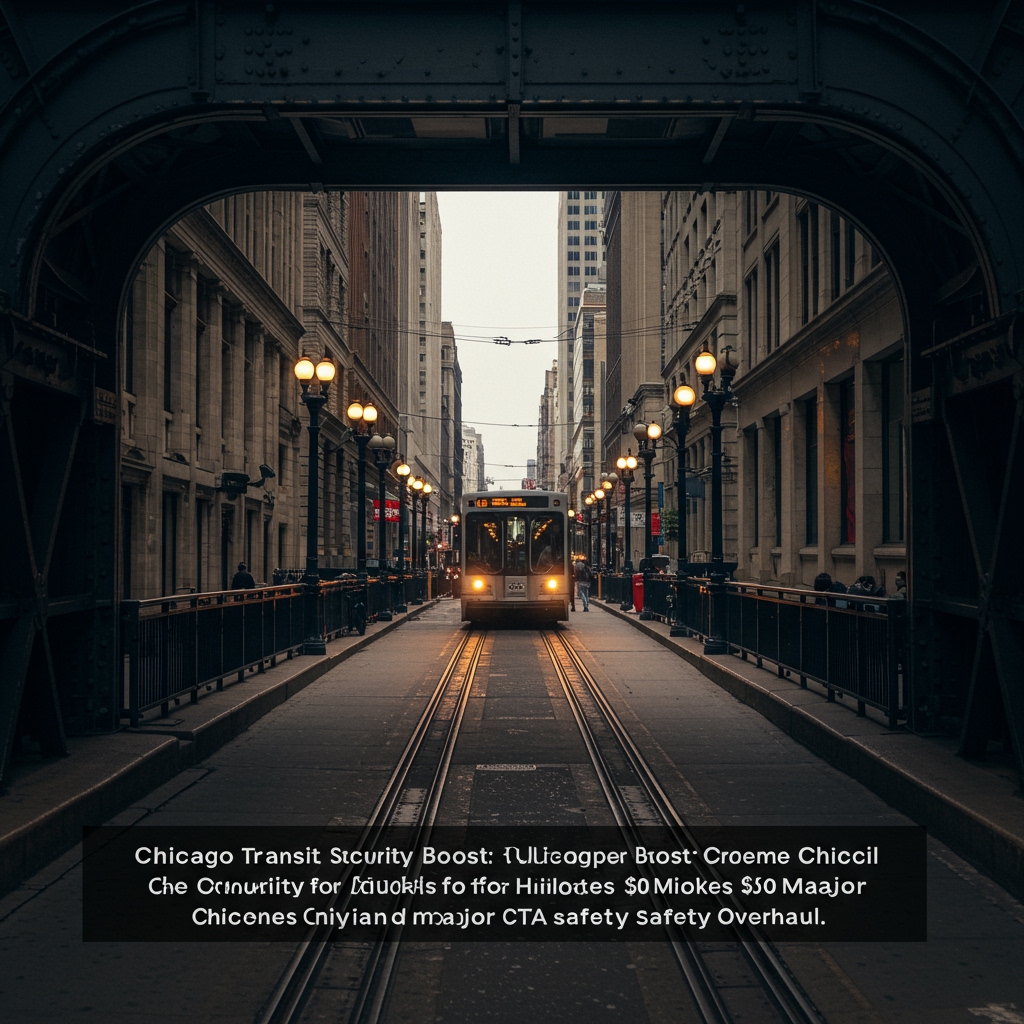CHICAGO – The City of Chicago has announced its intent to join a coalition of jurisdictions designated as “sanctuary” cities in a federal lawsuit. The legal action is aimed squarely at challenging the Trump Administration’s directives and actions designed to penalize local governments that decline to prioritize or actively enforce the Administration’s specific civil immigration policy agenda. The core mechanism of this pressure involves the threatened or actual withholding of federal funding from these localities.
The complaint, which Chicago seeks to join, has been filed in the United States District Court for the Northern District of California. It specifically targets Executive Order 14,159, along with subsequent actions initiated by both the Departments of Justice and Homeland Security. These federal efforts are central to the Trump Administration’s strategy of pressing cities and counties to cooperate more fully with federal immigration enforcement efforts, particularly by holding individuals for federal authorities and sharing information beyond what local laws may require.
The Core of the Dispute: Federal Funding vs. Local Autonomy
At the heart of the legal challenge lies a fundamental dispute over the balance of power between the federal government and local municipalities. Chicago and other cities argue that the federal government is overstepping its authority by attempting to leverage federal funding as a means to coerce local police and government resources into acting as extensions of federal immigration enforcement agencies. These cities maintain that their local policies, often referred to under the umbrella term of “welcoming city” or “sanctuary” policies, are designed to foster trust between immigrant communities and local law enforcement and public services, thereby enhancing public safety for all residents.
The Trump Administration, conversely, has argued that these local policies hinder federal law enforcement and pose a threat to national security, asserting that federal funds should not support jurisdictions that do not fully cooperate with its immigration priorities. This disagreement has led to a series of escalating tensions and legal battles across the United States, with cities asserting their right to set local priorities and the administration insisting on compliance with its national immigration agenda.
Legal Arguments Presented by the City
Corporation Counsel Mary B. Richardson-Lowry articulated the city’s position, stating that the legal action serves to underscore Chicago’s unwavering commitment to defending the rule of law. Furthermore, she emphasized the city’s resolve in protecting the inherent ability of local governments to establish and implement policies that they deem best serve the unique needs and interests of their respective communities. Richardson-Lowry specifically contested the principle of using federal funding as a coercive tool, asserting that such funds “should not be used to coerce compliance with unlawful mandates.” This statement highlights the city’s belief that the federal demands being made are themselves legally questionable.
Adding to the legal rationale, Deputy Corporation Counsel Stephen J. Kane elaborated on the constitutional dimensions of the case. Kane stated unequivocally that the Constitution prohibits the Trump Administration from imposing a requirement on the City of Chicago to expend its limited resources on enforcing federal civil immigration law as a precondition for receiving federal funds. This argument invokes principles of federalism and the Tenth Amendment, suggesting that the federal government cannot commandeer state or local resources to implement federal programs, particularly in areas where primary enforcement responsibility lies with the federal government. The city contends that its local resources are designated for local public safety and services, not for unfunded federal mandates.
Chicago’s “Welcoming City” Stance and Broader Strategy
The lawsuit is not an isolated event but is positioned as a significant part of the City of Chicago’s broader, ongoing effort to legally challenge what it characterizes as the Trump Administration’s unconstitutional actions in court. The city’s legal strategy involves confronting federal directives that it views as infringements on its autonomy and potentially harmful to its residents.
This legal challenge directly aligns with Chicago’s existing Welcoming City Ordinance. This ordinance is a cornerstone of Chicago’s local policy regarding immigrants and aims to ensure that all residents, irrespective of their immigration status, feel secure and are able to access essential public services without fear of deportation or adverse immigration consequences stemming from interactions with local authorities or service providers. The ordinance reflects a policy choice by the city to integrate immigrant communities and promote trust, a goal the city argues is undermined by the federal administration’s funding threats.
Implications and Future Outlook
The lawsuit in the United States District Court for the Northern District of California represents a critical juncture in the ongoing national debate and legal conflict between the Trump Administration and jurisdictions adopting “welcoming” or “sanctuary” policies. The outcome of this case, and others like it, could have far-reaching implications for the relationship between federal and local governments, particularly concerning immigration enforcement and the distribution of federal funds.
For Chicago, joining this lawsuit is a reaffirmation of its commitment to its Welcoming City Ordinance and its stated dedication to protecting its residents and its municipal sovereignty against federal overreach. The legal battle is expected to be protracted, involving complex constitutional questions about federal authority, states’ rights, and the limits of using fiscal power to compel local action. The city’s participation signals its determination to litigate these issues through the courts to defend its policies and the interests of its diverse population.














